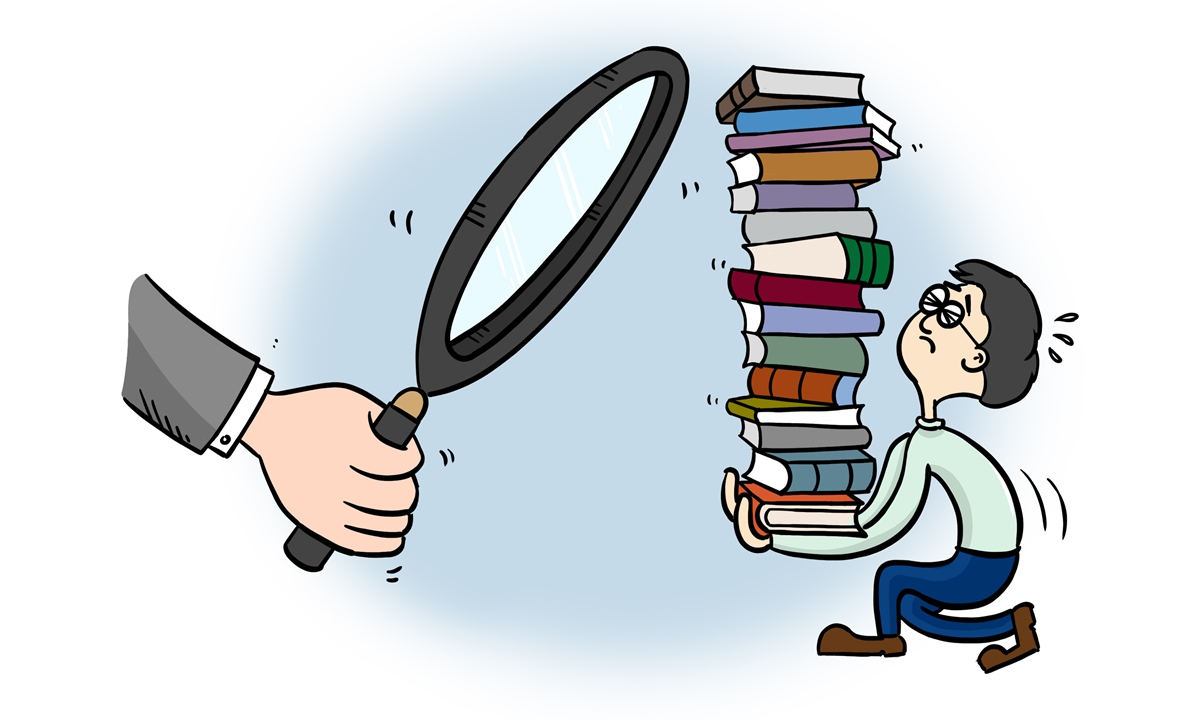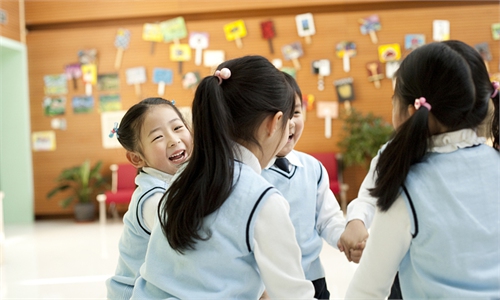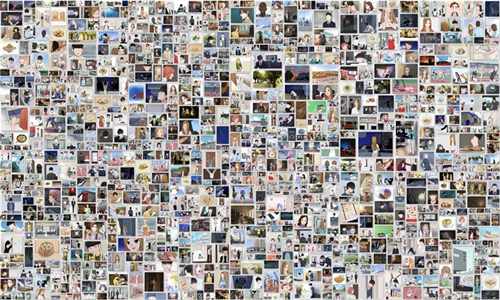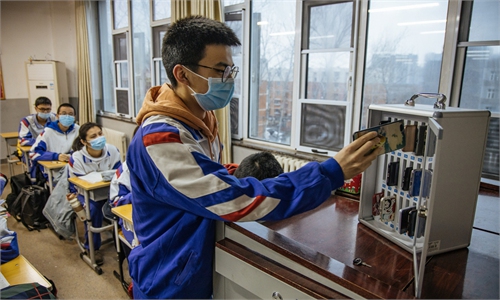COMMENTS / EXPERT ASSESSMENT
China puts lid on private tutoring business to ensure fairer education for all

Illustration: Chen Xia/GT
To mitigate academic pressure on Chinese students and assuage parents' concerns about giving birth to more than one child and address the country's worsening demographic risk, China is clamping down on lucrative off-campus tutoring business while piloting reforms that encourage skilled teachers to rotate from one school to another so that parents will not tentatively choose schools for their child - moves widely thought to have profound impact on education.
The reforms are long overdue. Incomplete statistics show urban households on average in China spend approximately one fourth of family income on education. The reason for this extreme expenditure is that the parents think future job competition among their children is set to get increasingly competitive, and children who start behind will stay behind, who are rarely able to make up the lost ground.
Globally, only outstanding high school graduates with high academic scores can go to the renowned universities, like Tsinghua University, Peking University, Fudan University and Hong Kong University in China. Others are faced with enrolment in ordinary colleges or vocational schools. College diplomas have a close bearing to future jobs, incomes and their sense of self fulfillment and life satisfaction.
Also, in a knowledge-based society like China and the US, the academic difference among the students will largely decide on the gap of the comprehensive skill when they become adults - in critical thinking, problem-solving, originality, creativity and strategizing, on which the future of their family finance will be determined.
As education pertains to a person's or even a family's social mobility, the government has the obligation to provide all schoolchildren equality of access to educational resources. Worldwide, education has been considered "a great equalizer" for children from different family backgrounds, rich or poor.
However, it's never easy to ensure education equality. For example, in the US, school districts are often separated by parents' income and family wealth. The nexus of racial and economic segregation has intensified educational gaps in the US, where the distance between the haves and have-nots is enlarging.
Equally, the undeniable relationship between economic inequality and the children's education inequality represents increasingly a societal failure that betrays the ideal of the so-called "American dream".
From where the Western education has failed, Chinese government has lately decided to forestall private money entering the education sector, in the belief that the children's education, like Chinese citizens' medical care, should primarily be invested and provided by the state, in order to prevent the wealthy families with a higher socioeconomic status from having priority access to education resources - including high-caliber teachers, high-tech teaching methods, good nutrition, advanced sport and artistic facilities, and access to special off-campus training courses.
Causing disruption to in-school, private tutoring business, funded by China's heavyweight technology companies such as Alibaba and Tencent, is now deemed as a "social problem", exacerbating cut-throat competition among students and adding to towering financial burden on working class parents.
The Ministry of Education has laid out plans to reduce the load on all school pupils, urging parents not to send their children to off-campus tutoring courses. The ministry even set up an off-campus education and training oversight department in June, which will oversee the tutoring sector including teachers and curricula.
Recently, Chinese authorities went to the point of warning domestic and overseas institutional investors of major private tutoring platforms - like Yuanfudao, Zuoyebang and many other tutoring business upstarts that their IPO plans will come under very strict scrutiny. The planned government rules are to add to restrictions imposed in March, such as a ban on live-streamed classes for minors after 9 pm, a crackdown on advertising by the platforms, and a ban on academic tutoring course offerings for pre-school kids.
For many parents, the move comes as a relief. But if past years of on-again off-again efforts are a reminder, the efficacy of the reform measure remains to be seen.
Deemed by the parents as morbidly crazy business, more than 75 percent of Chinese urban children, from grade 1 to grade 12, are found out attending private tutoring courses. Parents tend to sign up many tutoring classes for their children under the pressure of seeing other parents doing the same thing. They are anxious that their children will fall behind if they don't sign up.
The education models in the world have been revolved on two aspects - egalitarianism and individualistic competition. Over recent years, growing educational inequality has contributed to a good number of broader problems, including income inequality, static social mobility, and perpetual division of the rich and the poor. Take the US for an example, children of color are largely neglected where black and Latino students have some of the lowest college school completion rates, and their dream of moving up the societal ladder is getting dimmer now.
On the heels of a long year from early 2020 in which online private education platforms quickly expanded with big investments from China's technology titans, ensuring education equality and reduce education cost is being closely watched by Chinese parents. The government's tighter oversight to restrict private education companies, while ensure the quality of public school education, may provide a good clue to fairer education in this country.
The author is an editor with the Global Times. bizopinion@globaltimes.com.cn



